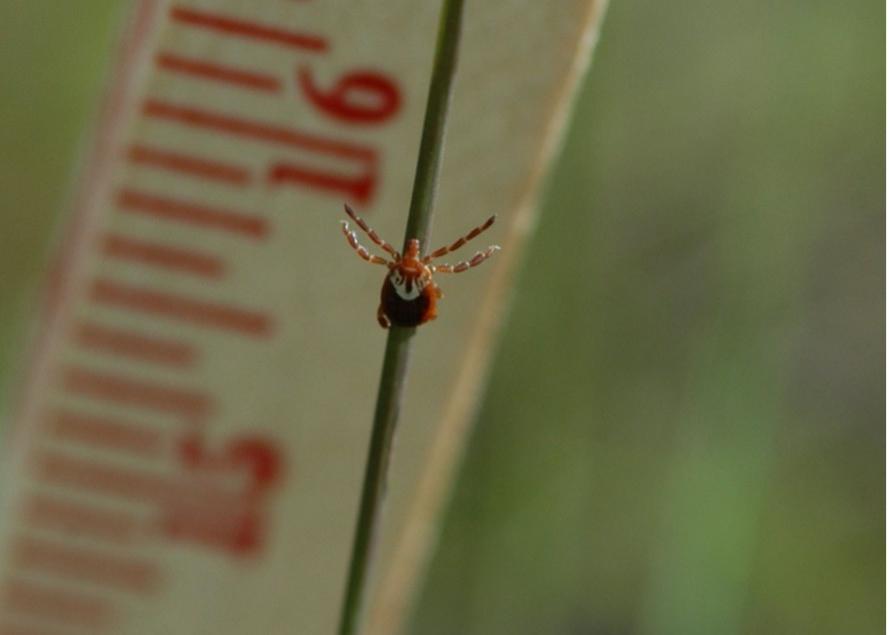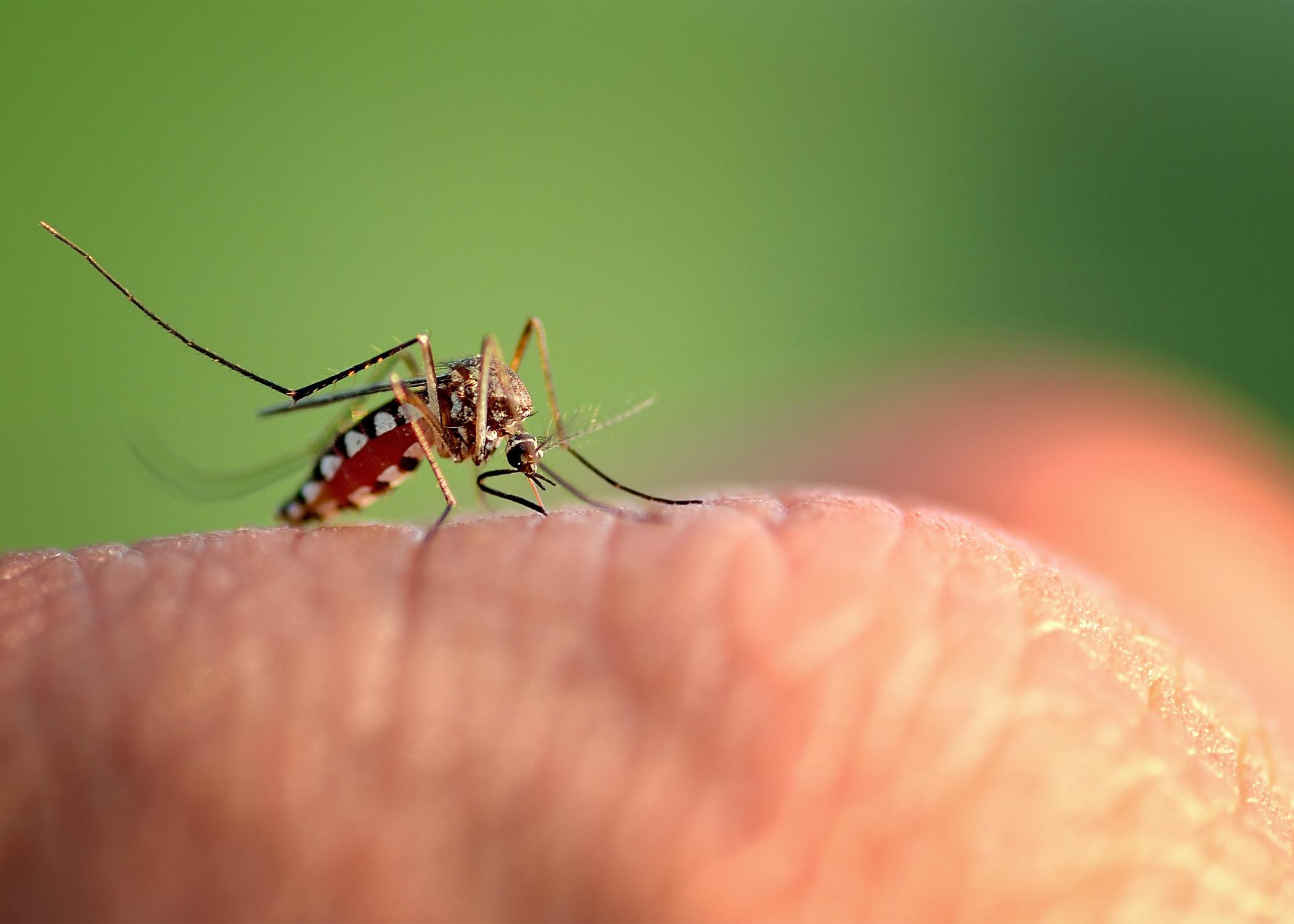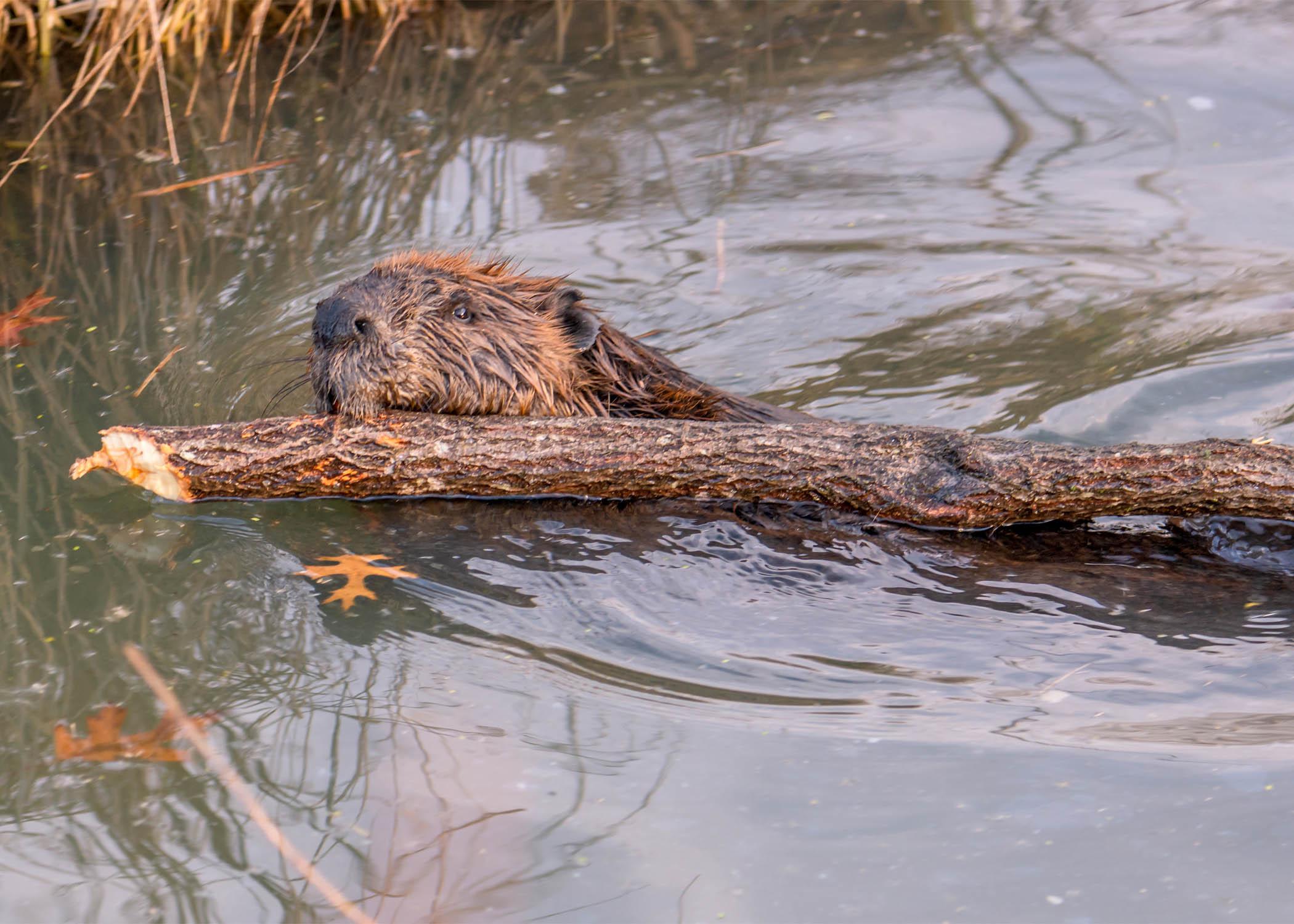6 Holiday Recycling Tips

Americans throw away 25 more waste during the holiday season, but there are several ways to recycle this trash instead of sending it to the landfill.
When you think about the holidays, all the food, gifts, holiday décor, and gatherings with friends and family likely come to mind.
What you may not think about is how much garbage we create during this season. According to the Environmental Protection Agency, Americans throw away 25% more waste between Thanksgiving and New Year’s Day than any other time during the year.
The good news is we can all take steps to minimize our waste whether your area offers recycling services or not. Sherry Surrette, associate Extension professor of sustainable living, offers the following tips for recycling some common holiday items:
- Repurpose Christmas cards into gift tags or ornaments that can be used next Christmas.
- Save ribbons and bows and reuse them on gifts next year. These items are often made from materials that are not easily recycled.
- Wrap delicate tree ornaments for storage with used wrapping paper when the Christmas tree is taken down. Shredded wrapping paper can also be used as shipping material when mailing fragile packages. In addition, shredded wrapping paper can be placed in compost bins where it will biodegrade back into soil for gardening.
- Donate unwanted gifts to local charities or regift them. You can also try hosting an after-Christmas present swap with friends, where all the presents are displayed, and everyone takes turns picking out another gift that they like better.
- Place real Christmas trees in your garden or backyard for birds to use as shelter during the winter months instead of putting them in the garbage. Trees can also be sunk in private ponds where they make excellent refuge and feeding areas for fish. If you live in an apartment, contact your local public works department to find out if tree recycling or mulching services are available in your area.
- Compost leftover fruits and vegetables to minimize your holiday food waste. This will help put nutrients back into the soil.
Want to learn more about reducing waste and recycling? Check out our publications on reducing plastic waste, understanding the meaning of zero waste, and composting.
Subscribe to Extension for Real Life
Fill in the information below to receive a weekly update of our blog posts.









